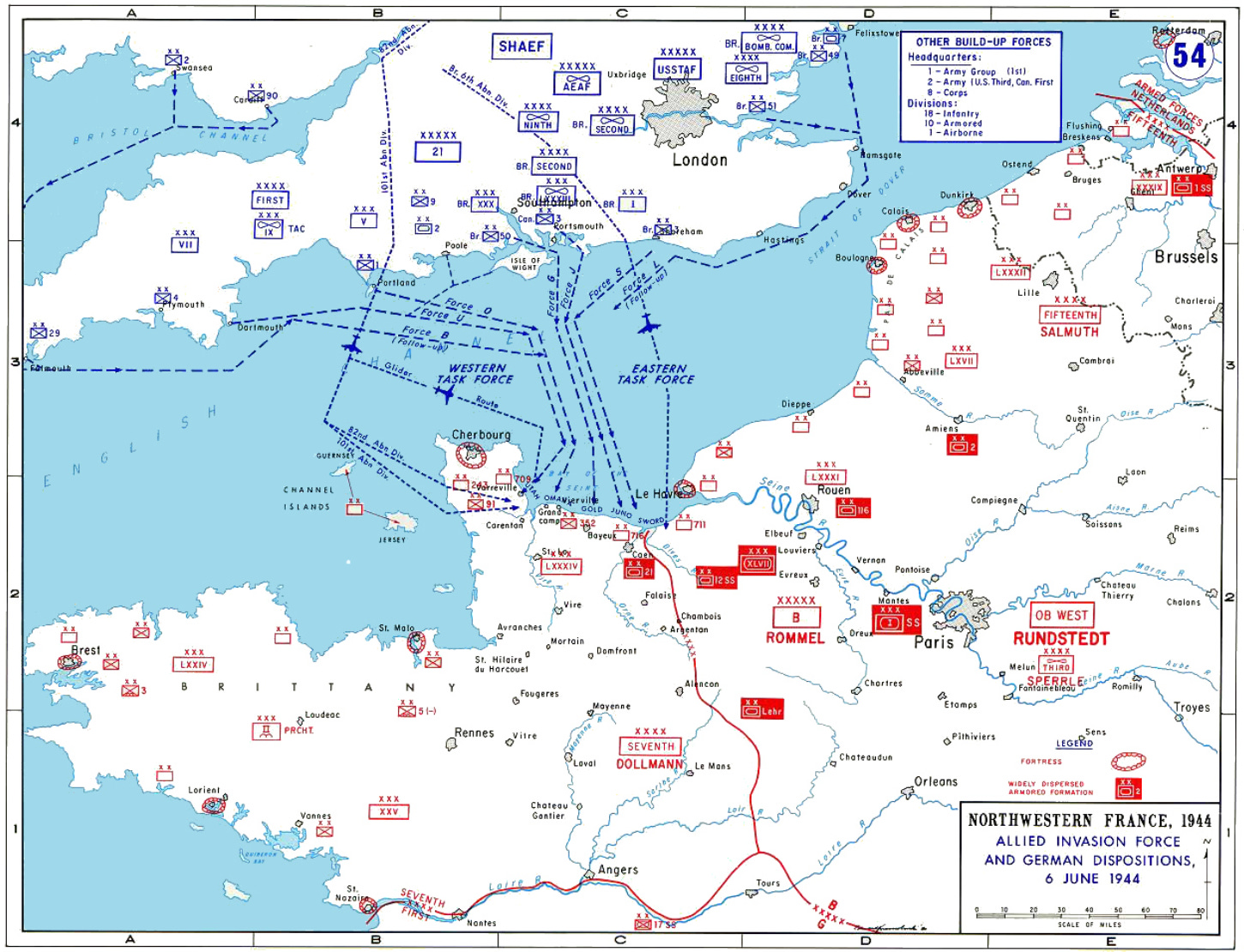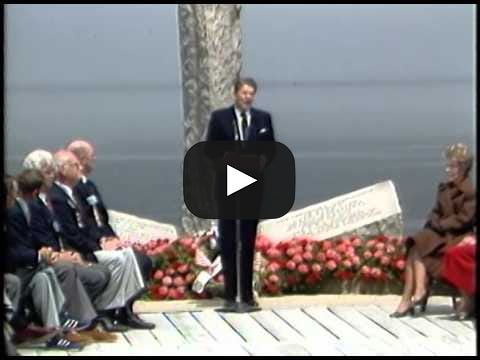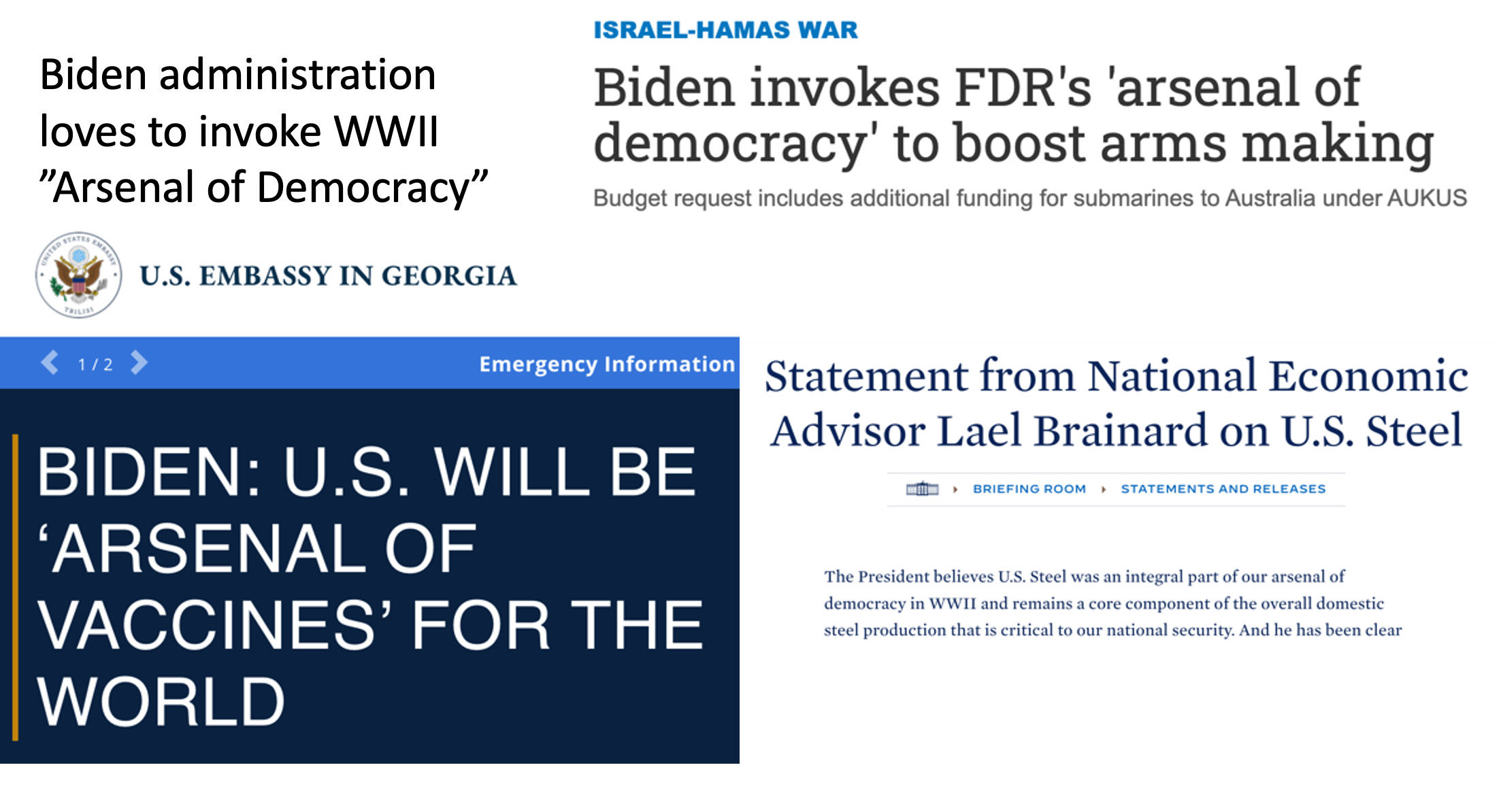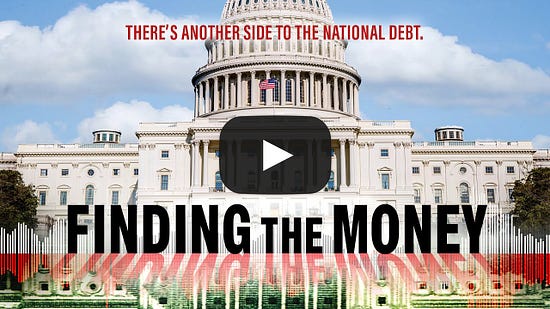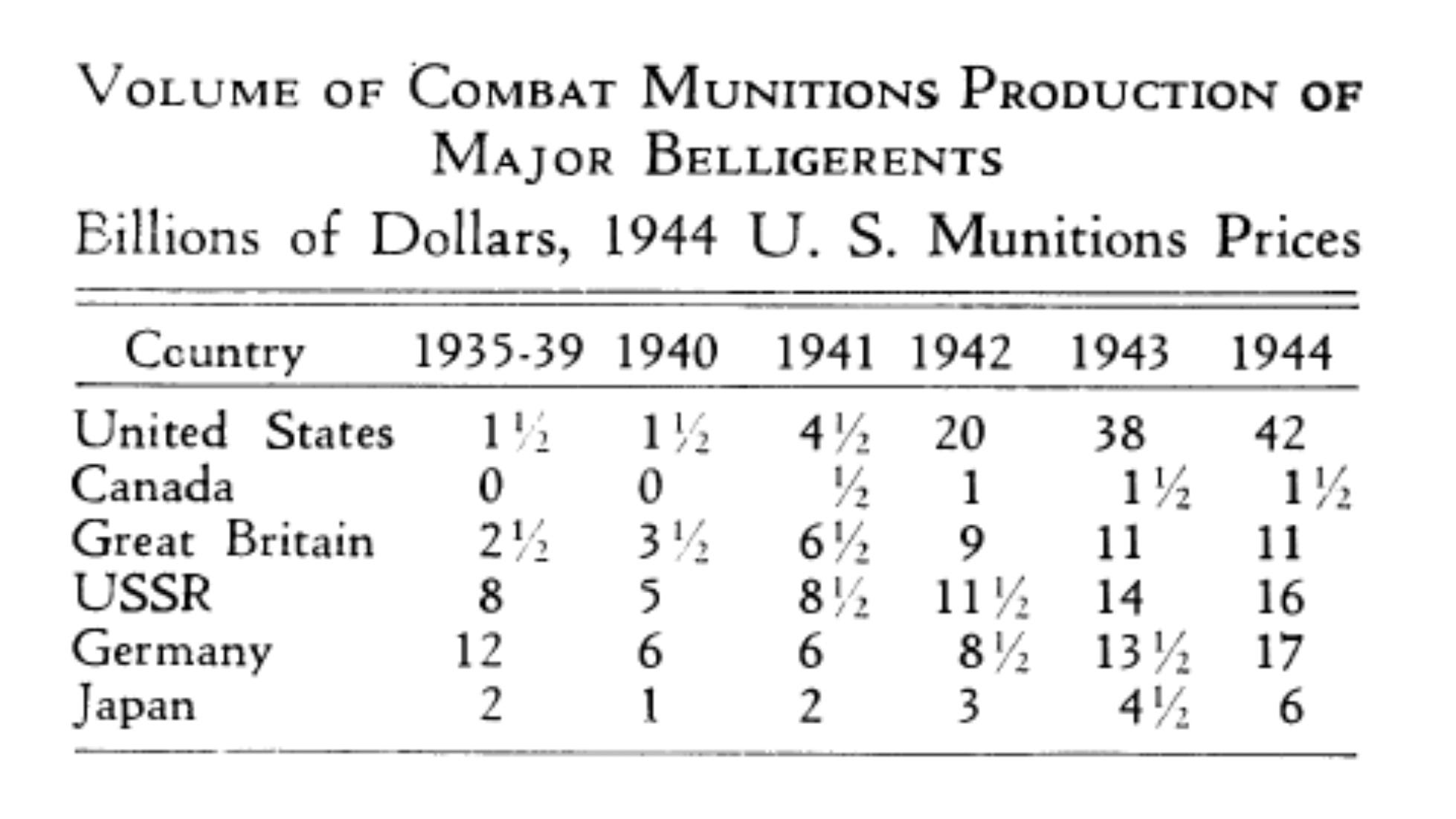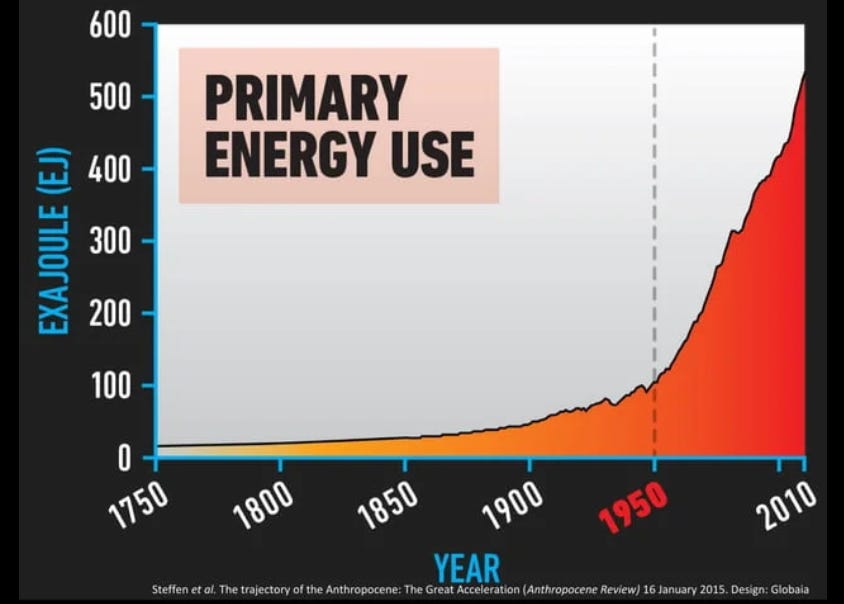O que há de errado com Javier Milei?
Presidente da Argentina se autodenomina o primeiro presidente ‘liberal libertário’ da história; análise de discursos mostra, no entanto, que ele promove princípios duvidosos que levantam questões sobre sua capacidade de gerenciar uma economia real
Por Anthony W. Pereira
O Estado de S. Paulo, 3/06/2024
https://www.estadao.com.br/internacional/o-que-ha-de-errado-com-javier-milei/
Javier Gerardo Milei, o presidente da Argentina eleito em 2023, se autodenomina o primeiro presidente “liberal libertário” da história. Ele está atacando o déficit fiscal do Estado para reduzir a inflação, que está quase 300%, embora seu adereço de campanha, uma motosserra, tenha se mostrado desnecessário.
Em janeiro, o governo federal da Argentina experimentou seu primeiro superávit orçamentário mensal em 12 anos. Muitos investidores domésticos e internacionais estão aplaudindo essas reformas. Os argentinos comuns esperam que a austeridade resultante seja em breve substituída por crescimento econômico e melhoria dos padrões de vida.
Até certo ponto, as reformas são uma resposta sensata a anos de gastos excessivos do governo. Os déficits fiscais em países em desenvolvimento são custosos, não apenas por causa da inflação resultante, mas também pelo alto custo dos empréstimos e o dinheiro perdido em pagamentos de juros. Pode-se pensar que Milei, cujo primeiro artigo publicado foi sobre hiperinflação e seu efeito nos mercados, é a pessoa certa na Presidência da Argentina no momento certo, bem preparado por sua educação (ele tem dois mestrados em economia) para reduzir a inflação e restaurar o crescimento da economia.
No entanto, Milei é uma figura complicada. Ele começou na corrente principal do pensamento econômico latino-americano, como um pós-keynesiano com inclinações estruturalistas. Durante seus estudos no Instituto de Desenvolvimento Social e Econômico e na Universidade Torcuato Di Tella, ambos em Buenos Aires, ele se apaixonou pelos pensadores da Escola Austríaca de Economia. Com o fervor de um convertido, ele desenvolveu um apreço particular pelas ideias do economista vienense Friedrich von Hayek (1899-1992). Isso tornou seu pensamento econômico incomum. Uma análise de alguns dos discursos e publicações de Milei revela que ele promove sete princípios duvidosos que levantam questões sobre sua capacidade de analisar e gerenciar uma economia real.
O primeiro princípio é que os mercados são sistemas naturais, espontâneos e autorregulados que antecedem os Estados e que são moralmente puros, pois são baseados na propriedade privada, contratos voluntários e respeito pelas vidas dos outros.
Essa ideia pode ser encontrada em O Caminho da Servidão de Hayek (1944). Os Estados, por outro lado, são artificiais e baseados na violência e predação. Nas palavras de Milei, “o Estado é financiado por meio de impostos, e os impostos são cobrados coercitivamente… Isso significa que o Estado é financiado através da coerção e que quanto maior a carga tributária, maior a coerção e menor a liberdade”.
Portanto, os Estados devem ser radicalmente limitados. Mesmo a aceitação de um Estado “vigia” que se limita à defesa nacional e à proteção da propriedade privada é perigosa. Na mente de Milei, o trabalho libertário de Robert Nozick (1974) é inaceitável. Isso torna Milei muito mais extremo do que os Chicago boys, incluindo Milton Friedman.
O problema com a caricatura de Milei sobre Estados e mercados é que ela ignora a história entrelaçada dos mercados capitalistas e dos estados-nação modernos. Como argumentou o antropólogo Karl Polanyi em A Grande Transformação (1944), os Estados muitas vezes criaram mercados onde antes não existiam. E os Estados não foram os únicos a exercer a coerção historicamente. Atores privados também o fizeram. Na Índia do século XVIII, por exemplo, a Companhia das Índias Orientais, uma empresa capitalista, colonizou o país com um exército privado.
O Estado pode reivindicar o monopólio dos meios de coerção legítima, mas raramente atinge um monopólio absoluto da coerção na prática. No século 21, grupos criminosos privados bem armados são atores significativos na economia global. E empresas legais podem usar a coerção, por exemplo, empresas de retomada de posse, agentes de fiança e empresas de segurança privada. A ideia de que as transações de mercado são sempre puramente voluntárias e consensuais é desmentida pela realidade e pela história do capitalismo.
Como consequência dessa dicotomia simplista que vê o mercado como puro e moral e o Estado como coercitivo e parasitário, Milei articula um segundo princípio enganoso: não há falhas de mercado. Ele apresenta esse argumento invocando uma definição casuística. Porque “o mercado é um mecanismo de cooperação social, onde você troca voluntariamente direitos de propriedade… falar de uma falha de mercado é um oxímoro”.
Mas isso contradiz a observação empírica e a teoria econômica. Os mercados respondem à demanda efetiva (o dinheiro que as pessoas têm para gastar) e regularmente subproduzem bens e serviços que as pessoas desejam: por exemplo, tratamento médico para os pobres ou habitação acessível para os jovens. E o professor Joseph Stiglitz ganhou o Prêmio Nobel de Economia em 2001, em parte, por seu trabalho mostrando a ubiquidade das falhas de mercado. Afirmar que os mercados não podem falhar por definição é uma forma perversa de fundamentalismo de mercado.
Milei também adota um terceiro princípio, defendido por Friedrich von Hayek em O Caminho da Servidão, de que qualquer intervenção do Estado nos mercados inevitavelmente arrasta as sociedades ao longo do “caminho da servidão”.
Isso é um artigo de fé para muitos adeptos da escola austríaca de economia, mas é contradito pela história econômica. A afirmação de Hayek de que qualquer forma de regulamentação estatal ou medidas de Estado de bem-estar social levam inevitavelmente ao totalitarismo foi demonstrada como falsa na Europa, onde o tamanho do Estado de bem-estar variou entre os países e flutuou dentro deles sem qualquer tendência inevitável à asfixia dos mercados ou das liberdades individuais.
As reformas econômicas realizadas pelo presidente Reagan nos Estados Unidos (1981-1989) e por Margaret Thatcher no Reino Unido (1979-1990), inspiradas em parte por Von Hayek, contradizem sua ideia sobre a inevitabilidade do aumento do controle estatal.
Nas democracias, as fronteiras entre Estados e mercados podem ser redesenhadas a cada geração. E nas economias do século 21, a ideia de que os mercados podem funcionar bem sem nenhuma regulamentação – sem testes para novos medicamentos, sem proibições ao trabalho infantil, sem padrões de segurança – é absurda. Em muitos casos, as regulamentações são exigidas por investidores privados. Na privatização do setor de telecomunicações na América Latina nos anos 1990, muitos investidores privados exigiram regulamentação para poder prever seus ganhos futuros; o Estado foi levado ao trabalho de regular as novas empresas de telecomunicações pelas próprias empresas.
Um quarto princípio que Milei defende é que qualquer um que não seja um fundamentalista extremo do mercado é um “coletivista” e um inimigo do “Ocidente”.
Socialistas, social-democratas, democratas cristãos, teóricos do mercado social, progressistas – qualquer um que acredita em tributação progressiva, redes de segurança social e na necessidade de alguns bens públicos – são comunistas cuja ideologia é baseada na inveja, no ressentimento, no ódio e no roubo.
As pessoas no setor privado são “heróis”, mas as pessoas que trabalham para o Estado são burocratas tentando impor sua vontade sobre os outros ou membros parasitários da “casta” política.
De alguma forma, Milei se exclui dessas generalizações, embora esteja na folha de pagamento do setor público. Ele aparentemente quer que acreditemos que ele é motivado pelas intenções mais puras, enquanto todos ao seu redor no aparato estatal querem intimidar e roubar outras pessoas para ganho próprio.
O quinto princípio de Milei é que o establishment (“academia, organizações internacionais, teóricos econômicos e políticos”) é contra o capitalismo.=
Mais uma vez, isso é uma simplificação excessiva que distorce a realidade. A maioria das instituições tradicionais não é anticapitalista. Elas podem ter projetos de reforma, como reduzir a pobreza e a desigualdade, ou mitigar as mudanças climáticas, mas muitos desses projetos reformistas têm os mercados capitalistas em seu núcleo.
Pense em microcrédito ou esquemas de comércio de carbono. O pânico moral de Milei contra o “globalismo” tem mais a ver com seu desejo de se identificar com a extrema-direita transnacional do que com uma leitura precisa da realidade global.
O sexto princípio de Milei é que a União Europeia (UE) é uma performer econômica fraca, crescendo lentamente porque é excessivamente regulamentada.
Nesse ponto, ele é extremamente inconsistente. Segundo Milei, o capitalismo é bom porque criou prosperidade. Se Milei estivesse genuinamente interessado em prosperidade, em vez da promoção do fundamentalismo de mercado, ele poderia ter notado que 24 dos 50 países mais prósperos (medidos pelo PIB per capita em paridade do poder de compra) são membros da UE.
A receita tributária como porcentagem do PIB na UE é em média de cerca de 20%. Por outro lado, a lista de países onde a receita tributária é mais baixa como porcentagem do PIB, e, portanto, têm mais “liberdade”, pela definição de Milei, inclui alguns dos países mais pobres do mundo, como a República Centro-Africana, Iêmen, República Democrática do Congo, Afeganistão, Chade, Bangladesh e Sudão.
Em vez de encontrar uma correlação estrita entre prosperidade e um Estado minimalista, o que encontramos é que as economias mais ricas do mundo, a maioria das quais também têm o maior desenvolvimento humano, são economias mistas com Estados ativos que combinam mercados capitalistas e setores públicos fortes que entregam serviços que as pessoas desejam, como transporte, saúde e educação.
O sétimo princípio de Milei é implícito, e não diretamente declarado. Este é o de que a Argentina prova a correção da economia da Escola Austríaca e que seus concidadãos devem apoiar suas reformas.
Em seu discurso inaugural, ele argumentou que a história do crescimento econômico na Argentina de 1850 a 1930, quando comparada ao período pós-1930, prova a superioridade da economia liberal sobre seus rivais heterodoxos. Mas as taxas de crescimento econômico nacional raramente têm uma única causa, e as condições na economia global criam variáveis que estão fora do controle dos formuladores de políticas no nível do Estado-nação.
A repulsa de Milei ao “coletivismo” não o impede de invocar um coletivismo próprio, o nacionalismo argentino. Em uma entrevista recente, ele foi citado dizendo: “Não há chance de uma revolta social, a menos que haja um evento politicamente motivado ou [um envolvendo] infiltrados estrangeiros. Governos de esquerda trabalham juntos para tentar sabotar aqueles que não são como eles”.
As simplificações excessivas e a certeza moral dos sete princípios de Milei se encaixam com a aspiração do presidente argentino de ser o bad boy da extrema-direita global.
Milei foi à Conservative Political Action Conference (CPAC) nos Estados Unidos em fevereiro de 2024 e abraçou entusiasticamente Donald Trump, interferindo na corrida eleitoral dos EUA, ao mesmo tempo que tentava obter o apoio da administração Biden para suas reformas econômicas. Milei também viajou para a Espanha para se misturar com seus irmãos no Partido Vox em 18-19 de maio de 2024.
Milei insultou o papa e outros presidentes da América Latina, incluindo Lula do Brasil, Gustavo Petro da Colômbia e Andrés Manuel López Obrador do México, bem como o primeiro-ministro da Espanha Pedro Sánchez. O argentino também descartou as mudanças climáticas como uma “mentira socialista” e criticou o feminismo, sem reconhecer a enorme contribuição que o aumento da igualdade de gênero tem feito para o desenvolvimento econômico mundial.
Os princípios de Milei não são baseados em pesquisas empíricas sobre economias reais. Eles são artigos de fé. Milei grita slogans, exige lealdade e evita perguntas. Seu argumento de que não se pode falar de “justiça social” porque a frase foi contaminada pela esquerda não é coerente.
As palavras mais importantes no debate político – democracia, direitos humanos, legitimidade, consenso – são inerentemente contestadas. Se não pudermos usá-las quando são empregadas por pessoas com quem discordamos, o discurso democrático se torna impossível.
Por que as ideias de Milei importam? Pode-se pensar que são irrelevantes para seu desempenho como presidente. Muitos líderes de Estados tiveram ideias incoerentes ou ridículas, ou até mesmo nenhuma ideia. No entanto, o governo de Milei está engajado em uma luta intransigente para reduzir o déficit fiscal do Estado a zero. A questão é que isso provavelmente não vai satisfazer Milei.
Como um liberal libertário que acha que o Estado não tem direito de existir e que apenas o mercado deve operar em um nirvana de autorregulação, ele provavelmente quer reduzir o setor público a ponto de torná-lo disfuncional.
A visão excessivamente simplificada de Milei sobre o mundo, seus princípios enganosos e seu messianismo moral podem, portanto, eventualmente torná-lo muito perigoso para o bem-estar de seus concidadãos.


